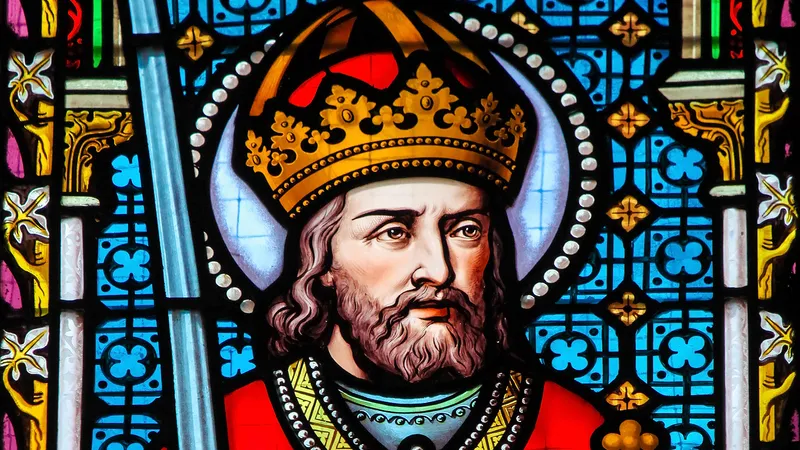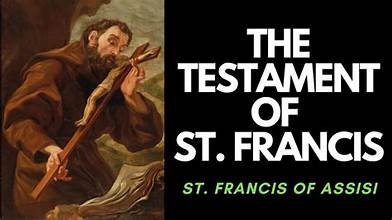Charlemagne contributed to Western Civilization. His reign began shortly after his father, Pepin the Short, died. During this time of heredity, land was distributed to the sons of the deceased. The land was divided between Charlemagne and his brother Caloman. Due to his brother’s death, Charlemagne ruled the entire kingdom; he was crowned Emperor of the Romans by Pope Leo III. He ruled as a man of the Empire. He dressed like the typical dress of the people. Charlemagne did not act empowered or better than others. He displayed a concern for all the classes of people in his kingdom. Charlemagne ensured that governors were not taking advantage of people. He was present for the talk even while he was dressing. Charlemagne had many accomplishments during his reign; one was educational reform. Charlemagne’s drive was curiosity. He had the gift of expressing himself. His way of speaking provided him with the demeanor of a teacher. Interestingly, Charlemagne did not have an education at a young age. He struggled to form letters in writing, but eventually met this goal. He wanted boys and girls educated in the liberal arts. The expansion of schools brought about communication in the diverse empire, which led to more trade and understood laws. The military was thriving under his leadership. He expanded the Empire through battle, rewarding those who followed him. Charlemagne differentiated himself as a ruler by following traditions and bringing new ideas to the culture. He was active in his life, exercising and eating healthily. Charlemagne’s family was essential to him. He kept his children close to him. The reign of Charlemagne brought about advances in law, education, religion, and the military. These advancements continued to influence Western civilization for many years, and the Carolingian Renaissance was deemed the name of this period.

The Testament of St. Francis is an example of a man who, in his last days, wanted to keep the order of his work. The testament is an example that is relatable in everyday life. When people are close to death, they want to get all the information needed out to relatives and friends. St. Francis knew he had little time left; he tried to summarize his work, and his words were instructions passed on to others. Francis had faith in religion, but there was no guidebook instructing him. The testament demonstrates that St. Francis did not consider himself highly intelligent. Even with this thought, he was passionate about his commitment to Christ and the church. He wanted those left not to see this as a new rule but as a narrative to express his pride. When anyone puts their beliefs into a mission, they would not want their death to lessen the efforts made. While St. Francis stated this was not another rule, he wanted his brothers to remember the promise to God. St. Francis’ words are from someone anxious about what would come to the order. As much as Francis acknowledges he could always learn more, he does emphasize that his word is correct and should be followed. This forceful way of sharing his ideas did not sit well with the leaders. The intentions of Francis’s writing are not clear. Tensions were building in the Church that Francis was aware of. The Church was moving towards more progressive ways, not the ways of Francis. His last testament could have been a last attempt at motivating all to follow his words and beliefs. In the end, his testament was not a legal document; the Church was growing, and changes were made without the limits of his testament.

Leave a Reply